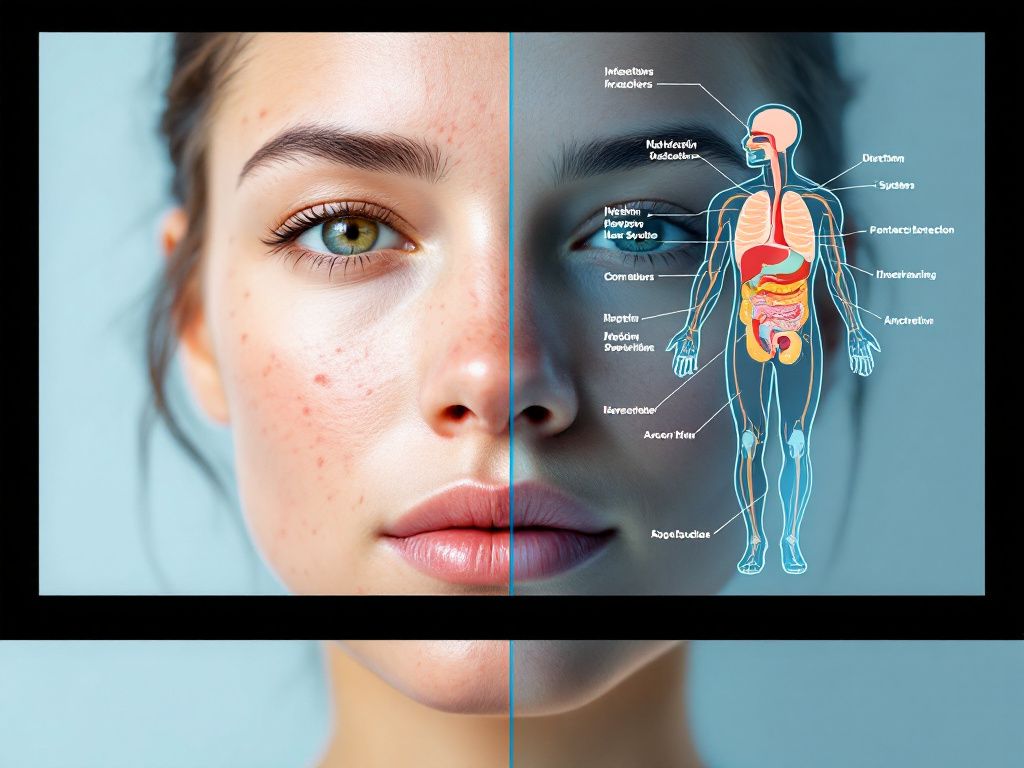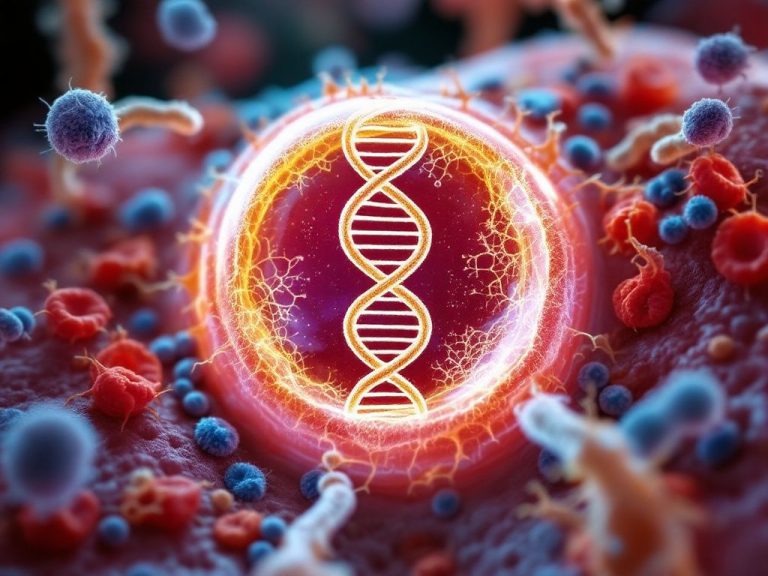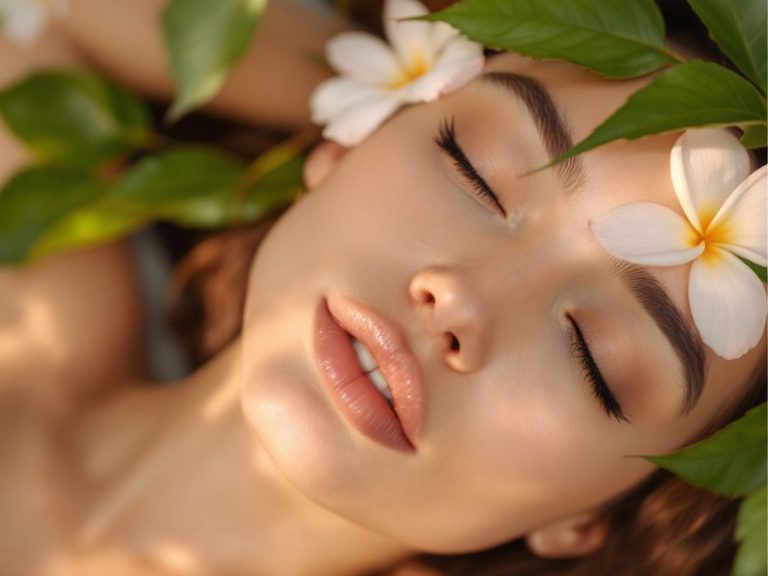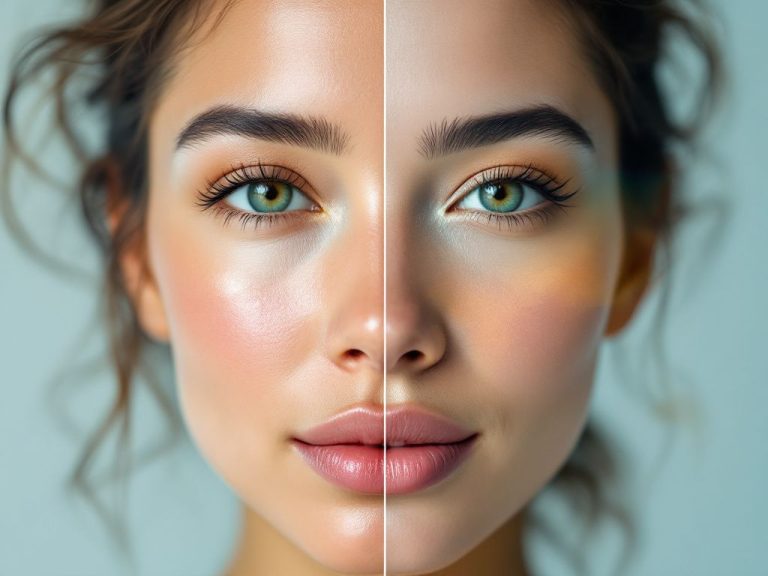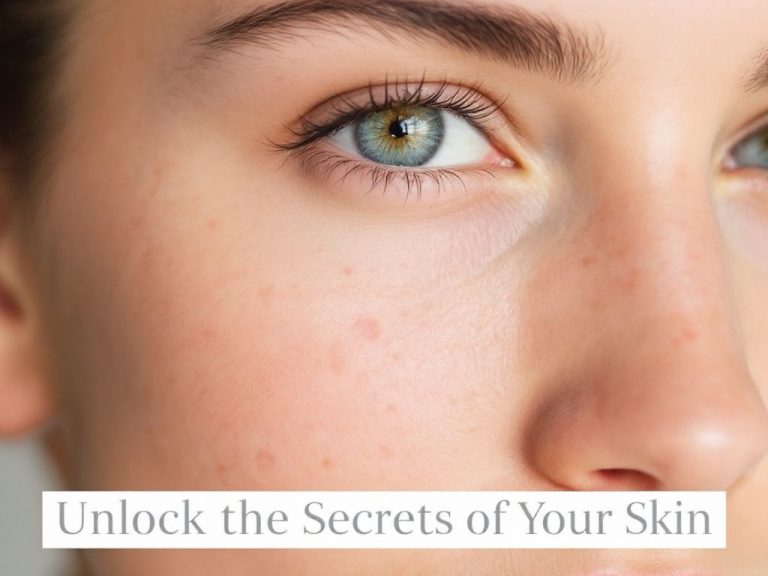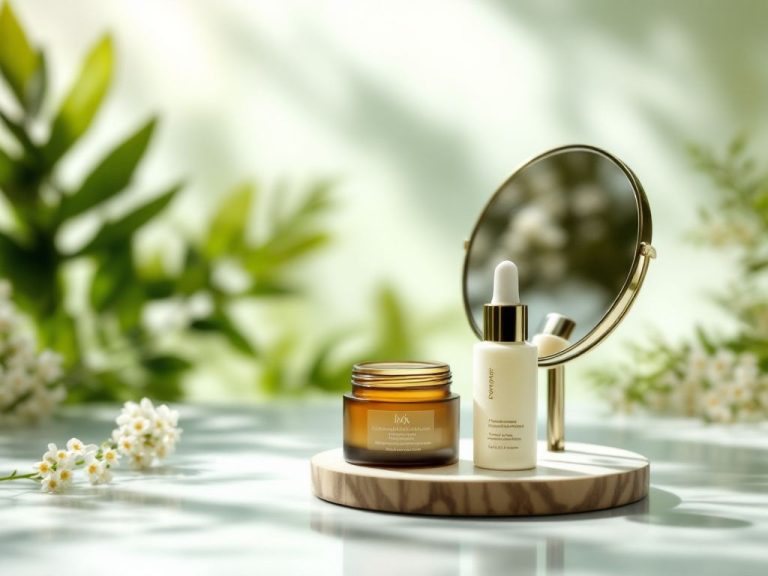Think about acne for a second. Yeah, we’ve all had those Sunday-night self-reflections where we wonder what’s happening under our skin, especially with those stubborn internal breakouts. Why does that happen? Is there a sneaky culprit residing within? Well, let’s dive deep into this so we can finally put some of those nagging acne questions to bed.
Table of Contents
ToggleWhat Exactly are Internal Acne Causes?
Internal acne causes are a bit like unwanted party guests. They come in quietly, make a mess, and aren’t easy to kick out. Unlike the regular oil-and-dirt-on-the-skin type of acne, internal acne stems from our body’s internal systems—hormones, diet, stress, and more. It turns out, our insides might just be the ultimate puppet masters of our acne story. Sounds intriguing, right?
Understanding how the body systems play a role is key. It’s like piecing together a puzzle where the primary triggers might be out of sight but definitely not out of mind. So, hang on as we connect the dots in this skin saga, keeping it as real and human as possible.
Hormonal Havoc
Ah, hormones! Those tiny messengers might as well wear party hats for the chaos they can unleash. If you’re familiar with the teenage-rage-acne-fest, you know this story all too well.
How Hormones Trigger Acne
During puberty, everyone gets hit with a flood of hormones, primarily testosterone and other androgens. They’re like revving engines that cause oil glands in the skin to crank up production and BAM! Oily skin becomes the canvas for breakouts. And let’s not forget about the menstrual cycle, pregnancy, and even menopause—all times when hormones can play tricks with your skin.

- Menstrual Cycle: Just when you think you’ve got your skincare regime down, hormones decide to mix things up right before your period. It’s predictable yet frustrating.
- Pregnancy: Hormones fluctuate so wildly, it’s like they’re on roller skates.
- Menopause: Diminishing estrogen with stagnant androgen levels—it’s a recipe for a potential acne experience.
The “Food” Factor
Who doesn’t love a good dessert? Unfortunately, our love story with food doesn’t always end in blissful skin experiences. Ever noticed a breakout after binging on sweets or dairy? Yeah, it’s not just in your head. Diet is in cahoots when it comes to internal triggers. Trust me on this one.
Break it Down: Diet and Acne
Certain foods lead to spikes in insulin levels. When insulin rises, it can spur the production of androgens, ultimately pushing those oil glands into overdrive.
Consider these main culprits:
- High Glycemic Foods: These often include white bread, sugary drinks, and other rapidly digested carbs. They may lead to hormone spikes.
- Dairy Products: Milk contains bioactive molecules that might subtly influence the body’s hormone levels, sparking a chain reaction towards acne.
- Fatty and Processed Foods: Usually packed with preservatives and fats that might trigger inflammation in the body.
Can Diet Alone Save Your Skin?
Changing your diet can definitely help, but it’s not a standalone miracle solution. However, it’s definitely worth observing how your skin reacts to certain food changes. You will want to consider more ‘skin-friendly’ foods like whole grains, lean proteins, and loads of veggies. Remember, it’s about balance!
Stress and its Sneaky Sidekick
Ever notice how that big work presentation or final exam week seems to cover your face in an unwanted crown of forehead pimples? Yeah, stress is another backstage manager pulling strings.

Stress Hormones and Your Skin
When stressed, the body ups the levels of cortisol, a hormone that signals the skin’s oil glands to produce more oil. More oil plus stress-equal breakout central. It sounds so sneaky, yet so scientifically predictable. Managing stress, unsurprisingly, becomes really important.
Let’s Talk Stress Busters
While you won’t completely rid your life of stress (let’s be real about this), meditation, yoga, or even a good ole’ walk can help keep those hormones from throwing parties on your skin. Small victories in choosing stress-reducing activities make a big difference over time.
Digestive Health: A Gut Reaction
Our gut isn’t just responsible for digestion; it holds a wider, mysterious influence on acne. Unpredictable as it may seem, maintaining good digestive health is anchoring your skin health as well.
Gut Health and the Skin Connection
The gut hosts microbiomes—that’s your body’s bacteria party. Keeping a balanced microbiome is essential for both digestion and deflecting skin issues like acne.
- Probiotics: Fun friends that aid digestion and can calm your skin. Yogurt, kimchi, and supplements stock these micro heroes.
- Fiber: Vital for maintaining a beneficial environment in your tummy and, by extension, your skin. Hello, fruits and veggies!
Balancing gut health isn’t just about what goes in but ensuring there’s less of what’s bad hanging around too. Crazy how interconnected everything is, right?

Recommended Steps for Managing Internal Acne Triggers
Okay, now that we’ve explored the mischievous habits of internal acne, let’s talk about management. Everyone loves an action plan, so here’s a relaxed, try-this setup for you:
The What-to-Do List
- Track your Hormonal Cycle: A diary might help you observe patterns between hormone fluctuations and acne flare-ups.
- Adjust your Diet Gently: Ponder over reducing high-sugar and dairy consumption if you notice persistent breakouts.
- Address Stress Proactively: No need to implement a Zen master ritual—small bits of daily relaxation are effective.
- Nurture your Gut: Add probiotics to your meal routine, and let fiber-filled foods do wonders.
- 5. **Navigating Medical Options: If acne affects your self-esteem or causes health concerns, it could be time to talk options with a dermatologist—hormonal treatments or medication might align better with your journey.
Final Thoughts: Running the Internal Marathon
Internal acne is complex. It’s not just about dabbing on some spot cream, as tempting as that can be. It’s an ensemble cast of internal factors—with hormones, diet, stress, and digestive health front and center. Understanding that acne may resonate more from the inside gives you a revealing clue to master your skincare journey.
Rest easy knowing it’s about manageable changes that need time and patience. Despite how daunting it sounds, remember, taking small steps is already a win in itself. And, every now and again, embrace the pimple-prone parts of you—they work hard too!
The masterpiece that is “you” includes occasional flaws, and that’s perfectly normal. Practice kindness towards yourself amid the picks and pops of your skin saga. Trust this process and your patience will go a long way.
And hey, continued conversation is encouraged—show your skin its rightful attention and reshape the horror story of internal acne into a heartfelt hero’s journey.
Frequently Asked Questions
What are the primary internal causes of acne?
The primary internal causes of acne include hormonal changes, such as increased androgen levels during puberty or fluctuations in estrogen and progesterone levels in women, especially during the menstrual cycle, pregnancy, or menopause. Additionally, genetic predisposition, certain medical conditions like polycystic ovary syndrome (PCOS), and stress, which increases cortisol levels, can also contribute to acne[1][2][4).
How do hormonal changes affect acne development?
Hormonal changes, particularly the increase in androgen hormones like testosterone, stimulate the sebaceous glands to produce more sebum. This excess sebum can mix with dead skin cells and bacteria, leading to the blockage of hair follicles and the development of acne. In women, fluctuations in estrogen and progesterone levels, such as those occurring during the menstrual cycle or pregnancy, can also trigger acne[2][3][4).
Can stress contribute to the development of acne?
Yes, stress can contribute to the development of acne. When you experience stress, your body produces more cortisol, a stress hormone that can stimulate the sebaceous glands to produce more oil. This increased oil production can lead to clogged pores and acne. Additionally, stress can exacerbate existing acne by increasing inflammation[1][3][4).
How does genetics play a role in acne development?
Genetics can significantly influence the likelihood of developing acne. If your parents had acne, you are more likely to experience it as well. Family history can indicate a genetic predisposition to acne, and studies have shown that individuals with a family history of acne may develop more severe or persistent acne[2][4][5).
References- MedPark Hospital. (2023). Acne: How many types? Causes and Treatments.
- NHS. Acne – Causes.
- Perfect Balance Clinic. (2020). Root Causes of Acne and what you can do about it?.
- Intermountain Health. (2017). 6 Surprising Causes of Adult Acne.
- Health Harvard. (2019). Adult acne: Understanding underlying causes and banishing breakouts.

